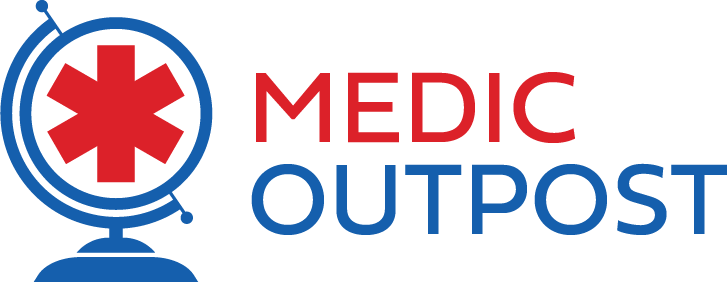Mission and Vision.
The developing world has long been ravaged by conflict, famine, and inadequate healthcare, especially in rural areas. Countless adults and children die each day from preventable injury and illness. Medical care in remote regions is scarce, and the health programs that do exist are understaffed and limited in resources and expertise. Medic Outpost is improving traditional healthcare in remote areas by training community members to be first responders, augmenting health workers’ skills and knowledge base, and providing life-saving equipment.
It is essential that we empower communities to be responsible for their own healthcare through education and support. We are committed to providing the best emergency care training for remote communities and equipping them with the tools and resources necessary to meet basic healthcare needs.
Approach.
Medic Outpost is dedicated to improving medical care in remote areas by training and equipping remote first responders from within the communities they serve. Under the structure of local healthcare departments, trained first responders provide emergency care and basic health guidance to their communities. Partnership with local organizations and leaders, and the involvement of local residents, is vital to Medic Outpost’s lasting impact.
TRAINING
We provide introductory first aid training to community youth and health workers.
We train first responders in advanced diagnostics to facilitate medical consultations with area physicians.
We offer facility-specific skill-building classes to hospitals and clinics, including airway management, emergency cardiac care, and intravenous therapy.
EQUIPMENT
We distribute basic first aid supplies.
We provide advanced diagnostic equipment to clinic partners.
We provide emergency room-specific equipment (ventilators, cardiac defibrillators, nebulizer machines, and other life-saving devices) to hospitals in need.
KEYS FOR SUCCESS
Effective, professional training of volunteer first responders.
Partnership with a medical facility or clinic within the defined service area.
Utilization of motorbikes or other regional transportation methods to reach patients.
Leveraging extensive cellular networks and technology in rural areas.
Facilitating partnerships within the community.
Funding for training costs, ongoing medical supplies, equipment, and motorbikes.



